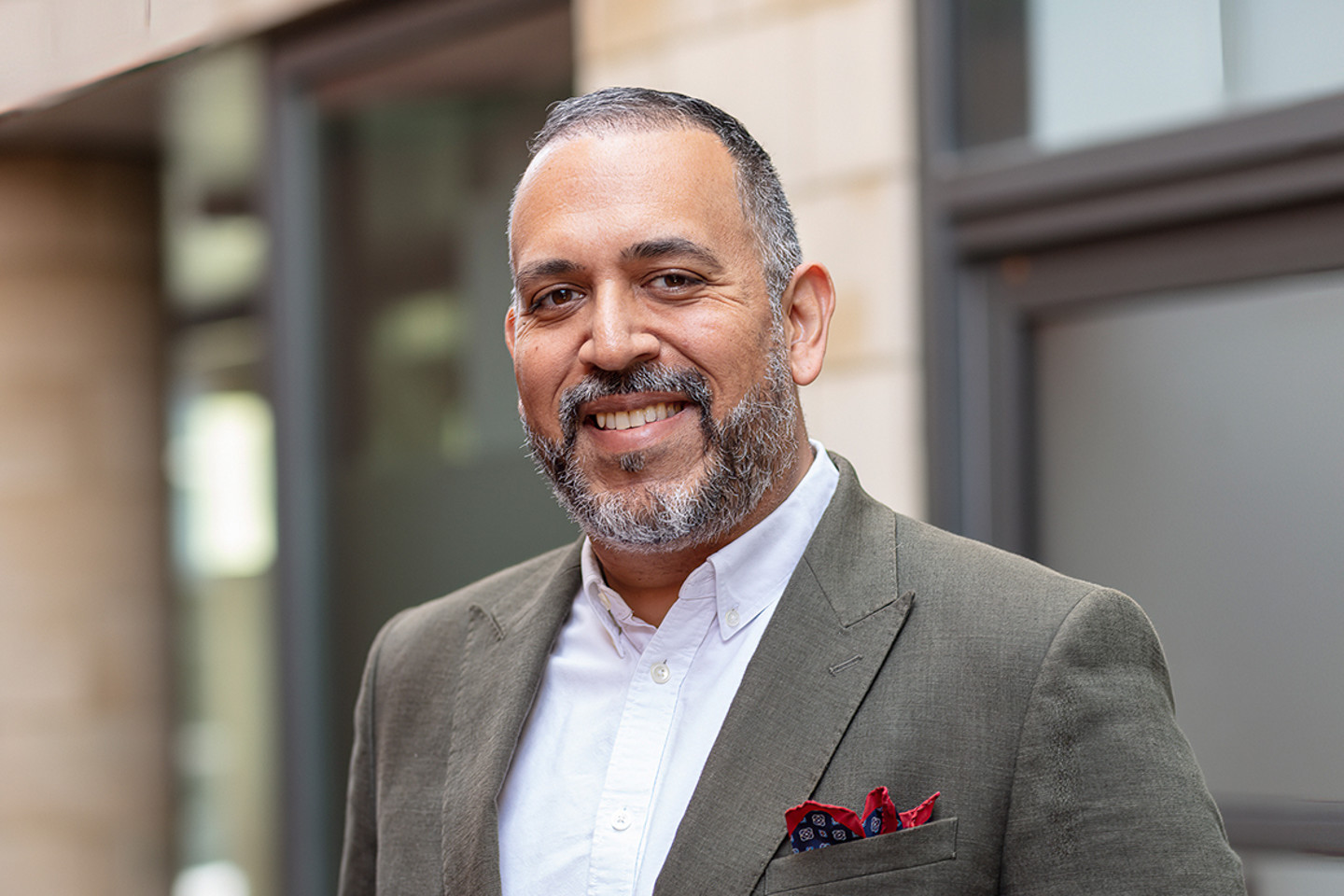Where a non-Jersey resident owns assets in the island, it is important for them to consider estate planning arrangements to protect those assets. We recommend that they consider making a will, the cornerstone of estate planning, to deal with their assets on death (see our briefing Making a will in Jersey for non-Jersey domiciled individuals). In addition, arrangements should be considered to guard against the risk of becoming unable to manage their assets as a result of ill-health or accident during their lifetime, such as a Lasting, Enduring or Continuing Power of Attorney or some other private mandate. For the purposes of this briefing, we will refer to all such mandates as "Lasting Powers of Attorney".
A Lasting Power of Attorney is a legal instrument in which someone (the "donor") appoints another person (the "attorney") to act for the donor at a time when the donor is alive but incapacitated. The advantage that a Lasting Power of Attorney has over an ordinary power of attorney is that it survives the supervening incapacity of the person giving the power. Whereas wills deal with financial affairs following death, Lasting Powers of Attorney enable attorneys to manage the donor's assets during the donor's lifetime. Some would argue that Lasting Powers of Attorney are more vital than wills, as they are designed to operate at a time when the donor is alive but vulnerable.
It is crucial that Lasting Powers of Attorney of Jersey asset owners are registered with the Royal Court of Jersey so that they are ready to be used if they become needed. Registration will ensure that:
- the attorneys have legal standing to manage the assets in the island; and
- the donor's Jersey financial services providers will be able to take instructions from the attorney.
How to register a British Lasting Power of Attorney in Jersey
If the Lasting Power of Attorney was made in the United Kingdom, Guernsey or the Isle of Man, then Article 13 of the Capacity and Self Determination (Jersey) Law 2016 provides that the application for registration is made by way of Representation by a Jersey lawyer supported by the following:
- the original Lasting Power of Attorney or a certified copy made by an authorised person (such as a lawyer qualified in the place of execution of the Lasting Power of Attorney);
- confirmation that the Lasting Power of Attorney continues to be valid and in force, by way of evidence from the statutory authority within the jurisdiction which first registered the Lasting Power of Attorney (for example, the Office of the Public Guardian of England and Wales or the Office of the Public Guardian (Scotland));
- certified proof of identity for both the donor and the attorney(s);
- details of the Jersey assets; and
- the registration fee of £330 payable to the Royal Court.
How to register an international (non-British) Lasting Power of Attorney in Jersey
A similar procedure is available where the Lasting Power of Attorney was made outside the British Isles. In the absence of confirmation of validity from a statutory authority in the jurisdiction where the Lasting Power of Attorney was made (as detailed above), it will be necessary to provide other evidence of its validity by way of an Affidavit of Law made by a practising qualified lawyer in that jurisdiction.
How are Jersey assets managed if the owner is incapacitated but has not made a Lasting Power of Attorney?
The jurisdiction where the asset owner is resident should have a protective regime in place to represent them in relation to their assets in the event of incapacity. Such representatives appointed in that jurisdiction may be termed a Curator, Deputy, Committee, Receiver, Guardian, Conservator or similar. To deal with Jersey assets, the representative must have their authority recognised in Jersey by way of registration in the Royal Court in a similar manner as a Lasting Power of Attorney described above. However, this process could be more complex as result of differences in language and legal systems.
Careful consideration should be given as to whether to rely on such protective regimes in relation to Jersey assets:
- the process to appoint a representative may be more cumbersome and costly than putting in place Lasting Powers of Attorney, as it may rely on court proceedings and medical evidence, involving the disclosure of personal health and financial information;
- the representative's power may be more limited or inflexible than a Lasting Power of Attorney;
- as the asset owner may have no control or influence on the choice of representative or how they manage the assets, uncertainty may lead to family disputes.
For the above reasons, Lasting Powers of Attorney may be considered a better option than relying on foreign protective regimes.
Jersey's legal framework facilitates international financial services to adapt to their private clients' needs throughout their lifetime; with the Lasting Power of Attorney being an optimum tool in the international estate planning toolbox to enable asset owners to exercise their right to self-determination, whatever the future may hold.
If you would like any further information, please get in touch with your usual Bedell Cristin contact or one of the contacts listed.




